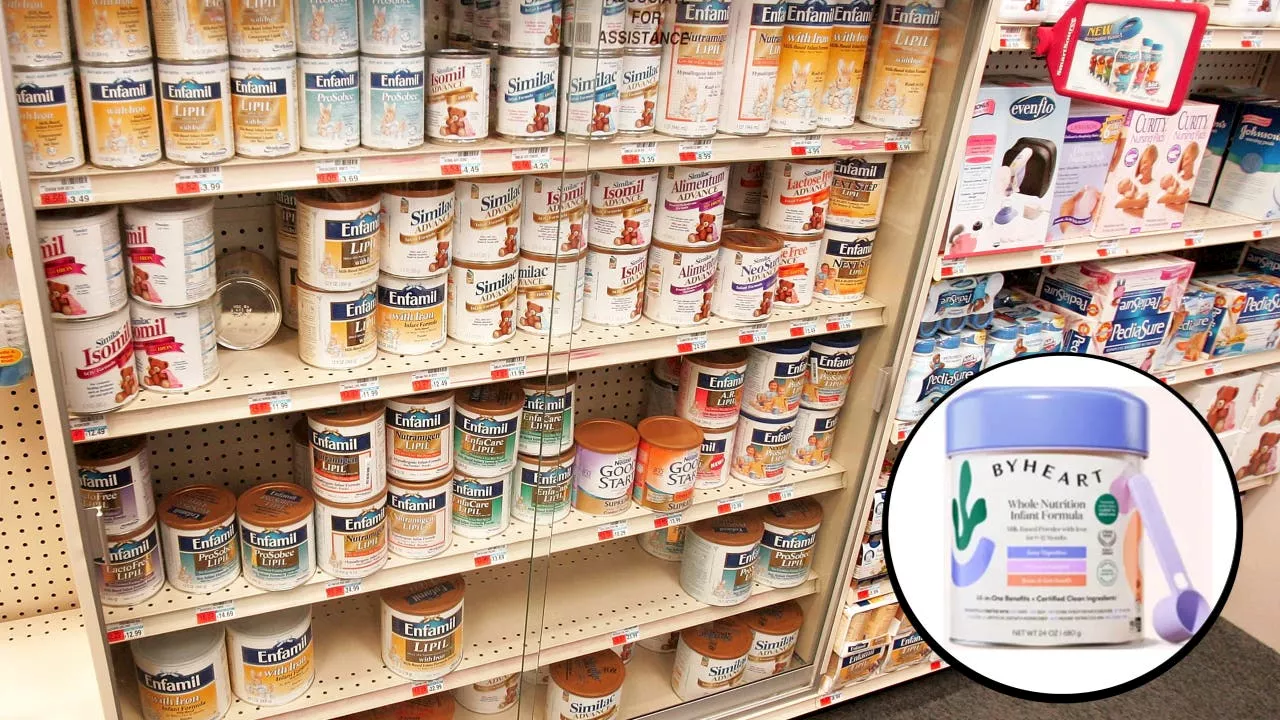A small business owner in Thomaston, Maine, is contemplating dropping her health insurance due to escalating costs and the impending expiration of federal subsidies. Chloe Chalakani, who runs a handmade pasta business with her partner, faces a significant financial burden as she prepares for the upcoming enrollment period. Her current premium stands at $460 per month for what she describes as the highest deductible plan available.
As the busy tourist season comes to a close and temperatures drop, Chalakani is addressing key administrative tasks, including health insurance enrollment. She explains, “I don’t plan to get insurance next year. I’m just not going to do it — I’ll pay out of pocket.” The expiration of enhanced tax credits in December intensifies her concerns, making it increasingly difficult for her to justify the expense.
Chalakani’s situation is not unique. She is among approximately 24 million Americans who obtain their insurance through the Affordable Care Act (ACA). Health policy experts express alarm at the prospect of younger individuals opting out of insurance altogether. This trend poses risks not only to their personal health but also to the overall stability of the health insurance market.
Concerns Over Health Insurance Market Stability
The functionality of health insurance markets relies on a diverse pool of enrollees, including both young and older individuals. Experts emphasize that younger, healthier people typically contribute more to the system than they utilize in healthcare services. This dynamic is essential for maintaining a balanced insurance system. If a significant number of healthy individuals choose to forgo coverage, it could lead to an unsustainable situation where only the sickest individuals remain insured.
According to health policy analyst Jenna Cox, “You need people to be paying into the insurance system when they’re healthy so that they can take out when they’re sick.” She warns that if only those with significant health issues remain in the market, premiums will rise sharply, discouraging even more healthy individuals from enrolling.
This trend could create a vicious cycle, resulting in a market where only the most vulnerable are insured. Cox notes that if premiums escalate to the point where coverage becomes unaffordable, it may push even the least sick individuals out of the insurance system. The implications of such a scenario are troubling, as it could lead to a collapse of the market itself.
Impacts on Healthcare Access and Financial Stability
The potential fallout from a declining number of insured individuals extends beyond personal choices. Hospitals and healthcare providers could face significant financial strain if they encounter a surge in uninsured patients. Cox highlights that this could lead to reduced services as hospitals grapple with their budgets. “If hospitals face a lot of financial strain from having a lot more uninsured patients coming through their doors, then they might start changing the services they offer,” she explains.
Chalakani recognizes the risks involved in forgoing health insurance, acknowledging that unforeseen events such as car accidents or serious illnesses could lead her to regret her decision. “Should a catastrophe happen, I’ll probably say, ‘Wow, I should have had insurance,'” she admits. Yet, the immediate financial pressures weigh heavily on her decision-making.
As Congress debates extending enhanced subsidies to alleviate the financial burden on individuals like Chalakani, the urgency of the situation grows. Unless lawmakers reach an agreement, many individuals can expect to face significant increases in their premiums for the next enrollment period.
Chalakanis’s experience underscores the broader challenges faced by small business owners and individuals navigating the complexities of the health insurance landscape. With the potential for increased premiums looming, the future of health insurance for many remains uncertain.







